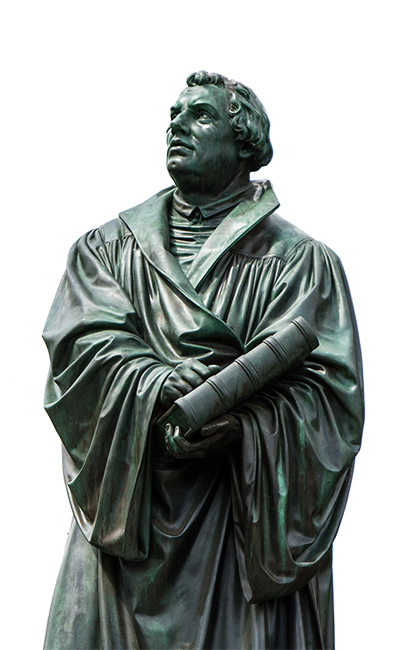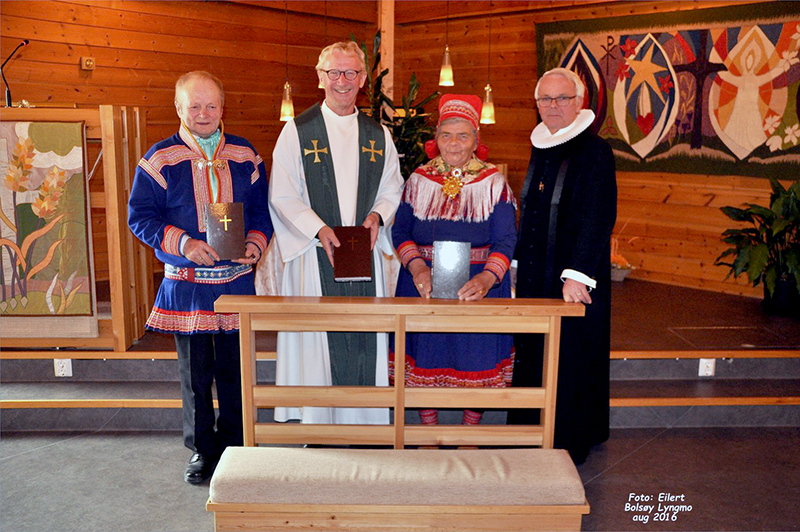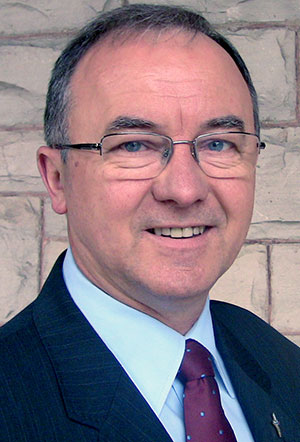 by Mathew Block
by Mathew Block
News that the United Methodist Church (UMC) has reaffirmed the historic teaching of Christianity on same-sex relationships is a welcome surprise, and represents a victory for Christians of the Global South.
The 2019 General Conference of the UMC, which just met in St. Louis, Missouri, was widely expected to be a turning point for Methodists. A vast majority of bishops were pushing for the adoption of the “One Church Plan,” which would have seen the church strike prohibitions on the marriage of same-sex couples and the ordination of practicing homosexual ministers in the United States, and open up the possibility for other countries to follow suit.
The plan, however, was defeated by a vote of 449 to 374 (about 55 percent to 45 percent). Instead, delegates voted in favor of the Traditional Plan, reaffirming the church’s historic position on gender by a vote of 438 to 384 (about 53 percent to 47 percent).
So what happened? How did the historic Christian understanding of sexuality carry the day against the wishes of most UMC bishops? The answer is simple: Africa said no.
For a long time, the affluent church in the United States has pressed dependent churches in Africa and elsewhere to adopt the progressive ideologies of western mainline Protestantism. But the churches of the Global South have resisted, culminating in the recent votes at the UMC General Conference.
That experience is hardly unique to Methodism. We see the same thing happening in world Lutheranism. A few years ago, Rev. Dr. Albert Collver, General Secretary of the International Lutheran Council, published an article entitled “Colonialism in the Global South: The Imperialism of Western Sexual Ethics.” There he argues that the imposition of western progressive theology on churches in places like Africa represents a new form of colonial oppression by western churches.
And yet, many mainline Protestants seem to think the opposite. In his article, Dr. Collver notes a 2014 essay from the Lutheran World Federation which argued that “the rejection of homosexual love” was itself “another form of colonialism.”
This position leads to the incongruous image of western Protestants accusing their African brethren of colonialism, even as they attempt to push western progressive theology on their dissenting historic colonies. What is more, western mainline Protestants are increasingly tying financial support for churches in places like Africa with the acceptance and promotion of progressive ideology on issues like sexuality—an apparent attempt to starve out dissenters.
Despite this pressure, many churches of the Global South have firmly resisted attempts by westerners to impose progressive theology. Churches like the Ethiopian Evangelical Church Mekane Yesus, for example, have made their opposition to same-sex marriage clearly known, rebuking western church bodies which have departed from Scriptural teaching in this matter.
Their position will only become stronger, given the rapid growth of Christianity in the Global South. This is especially true as mainline Protestantism in the West continues its long decline.
It was precisely this sort of situation—the growth of Christianity in the Global South and the decline of mainline Protestantism in the West—which led to the dramatic showdown at the United Methodist Church’s recent General Conference. Unlike many denominations which have separate national church bodies in different countries, the UMC functions as a single church body throughout multiple nations. So while western progressives planned to push through divisive doctrinal change on the issue of sexuality, the growth of Methodism in the Global South meant Africans (who now make up more than 40 percent of all United Methodists worldwide) had a much stronger voice than in years past—and a much greater share of voting delegates.
Their voice was powerfully present during the General Conference. This was particularly true during a speech by the Liberian theologian Dr. Jerry P. Kulah on the morning of February 23. “We Africans are not children in need of western enlightenment when it comes to the church’s sexual ethics,” he said. “We do not need to hear a progressive U.S. bishop lecture us about our need to ‘grow up.’”
His words are a stunning rebuke to the colonialist ideologies of western mainline Protestantism. He continued:
“We Africans, whether we have liked it or not, have had to engage in this debate for many years now. We stand with the global church, not a culturally liberal, church elite, in the U.S.
We stand with our Filipino friends! We stand with our sisters and brothers in Europe and Russia! And yes, we stand with our allies in America.
We stand with farmers in Zambia, tech workers in Nairobi, Sunday School teachers in Nigeria, biblical scholars in Liberia, pastors in the Congo, United Methodist Women in Cote d’Ivoire, and thousands of other United Methodists all across Africa who have heard no compelling reasons for changing our sexual ethics, our teachings on marriage, and our ordination standards!
We are grounded in God’s word and the gracious and clear teachings of our church. On that we will not yield! We will not take a road that leads us from the truth! We will take the road that leads to the making of disciples of Jesus Christ for transformation of the world!”
That stance may mean some financial difficulties for orthodox Methodists in Africa and elsewhere if western Christians choose to withhold funding. But that doesn’t mean African Methodists will back down. Dr. Kulah continued:
“Some United Methodists in the U.S. have the very faulty assumption that all Africans are concerned about is U.S. financial support. Well, I am sure, being sinners like all of you, some Africans are fixated on money.
But with all due respect, a fixation on money seems more of an American problem than an African one. We get by on far less than most Americans do; we know how to do it. I’m not so sure you do. So if anyone is so naïve or condescending as to think we would sell our birth right in Jesus Christ for American dollars, then they simply do not know us.”
These are powerful words, and well worth reflecting on in our own Lutheran circles. Many Lutheran church bodies today face similar pressures to submit to western ideologies contrary to the teachings of Scripture. You who resist are to be commended for your faithfulness in the midst of great challenges. I pray that the words of the great Lutheran hymnwriter Paul Gerhardt will give you strength to meet whatever challenges you may face:
If God Himself be for me,
I may a host defy;
For when I pray, before me
My foes, confounded, fly.
If Christ, my Head and Master,
Befriend me from above,
What foe or what disaster
Can drive me from His love?
May that love of God be your strength as you continue to stand firm in His Word. And as you stand firm, know that we in the International Lutheran Council stand with you. May God bless you and your churches with every good thing in Christ.
———————
Mathew Block is editor of The Canadian Lutheran magazine and communications manager for the International Lutheran Council.


